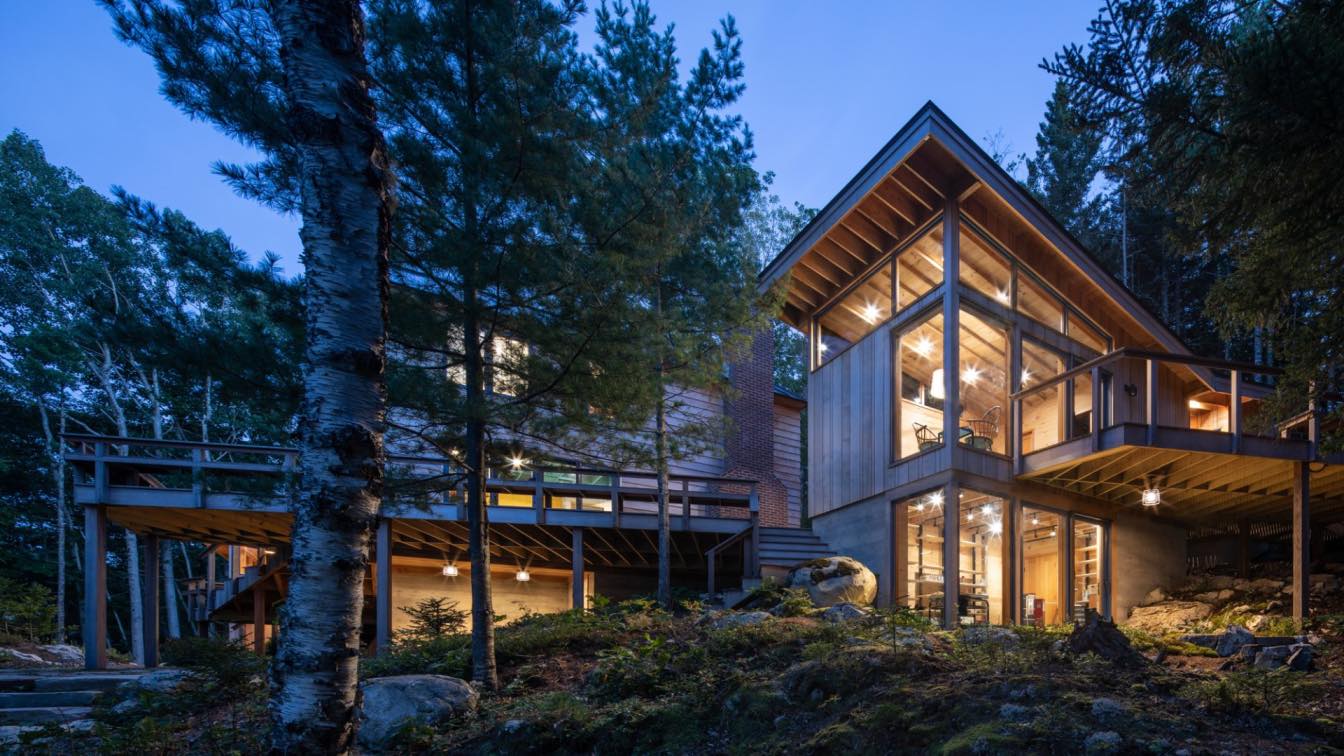Maine, with its picturesque landscapes, rugged coastlines, and rich history, offers a unique canvas for architects. The state’s architectural heritage is a tapestry woven from the threads of its colonial past, maritime culture, and the need to harmonize structures with the natural environment. Maine architects have not only preserved this legacy but have also infused it with contemporary design principles, creating a distinctive architectural identity that resonates with both tradition and modernity.
The Heritage of Maine Architecture
Maine’s architectural roots can be traced back to the early colonial period, with buildings that reflect the utilitarian needs and aesthetic sensibilities of settlers. These structures were predominantly made of locally sourced materials, such as timber and stone, and were designed to withstand the harsh New England winters. The Cape Cod and Colonial styles, characterized by their simplicity, symmetry, and practicality, became the hallmark of early Maine architecture.
As the state evolved, so did its architectural styles. The Victorian era brought more elaborate designs, with ornate detailing, steep gabled roofs, and expansive porches. Coastal towns like Bar Harbor and Camden became the playgrounds of the wealthy, leading to the construction of grand summer cottages and hotels that showcased a blend of Queen Anne, Shingle, and Tudor Revival styles.
Modern Influences and Sustainable Practices
Contemporary Maine architects are adept at balancing the old with the new. They draw inspiration from the state’s historical architecture while embracing modern design elements and sustainable building practices. This fusion is evident in the work of prominent Maine architects like Eric Reinholdt and the team at Whitten Architects.
Eric Reinholdt, an architect based in Mount Desert Island, is known for his modern coastal designs that respect the natural landscape. His projects often feature large windows that frame stunning ocean views, open floor plans that promote natural light and ventilation, and the use of sustainable materials. Reinholdt’s designs are a testament to how modern architecture can enhance, rather than overshadow, Maine’s natural beauty.
Whitten Architects, based in Portland, focus on creating homes that are both beautiful and environmentally responsible. Their designs often incorporate energy-efficient systems, renewable materials, and passive solar principles. By prioritizing sustainability, they ensure that their buildings not only look good but also have a minimal environmental footprint.
The Role of Vernacular Architecture
Vernacular architecture plays a significant role in Maine’s architectural landscape. This style emphasizes the use of local materials and building techniques that are suited to the climate and culture of the region. Maine architects often incorporate elements of vernacular architecture into their designs, creating structures that are deeply rooted in the local context.
For instance, many coastal homes in Maine feature elements of the traditional New England saltbox and farmhouse styles. These designs are characterized by their steeply pitched roofs, shingle siding, and expansive windows that capture the scenic vistas. By integrating these vernacular elements, architects create homes that feel authentically Maine.
Challenges and Opportunities
Maine architects face unique challenges, such as the need to design structures that can withstand the state’s harsh winters and the salty coastal air. However, these challenges also present opportunities for innovation. Architects in Maine are constantly experimenting with new materials and construction techniques to improve the durability and energy efficiency of their buildings.
The state’s growing focus on environmental conservation has also spurred the adoption of green building practices. Maine architects are at the forefront of this movement, pioneering designs that are not only sustainable but also enhance the quality of life for their inhabitants. From solar-powered homes to rainwater harvesting systems, these architects are redefining what it means to live sustainably in Maine.
